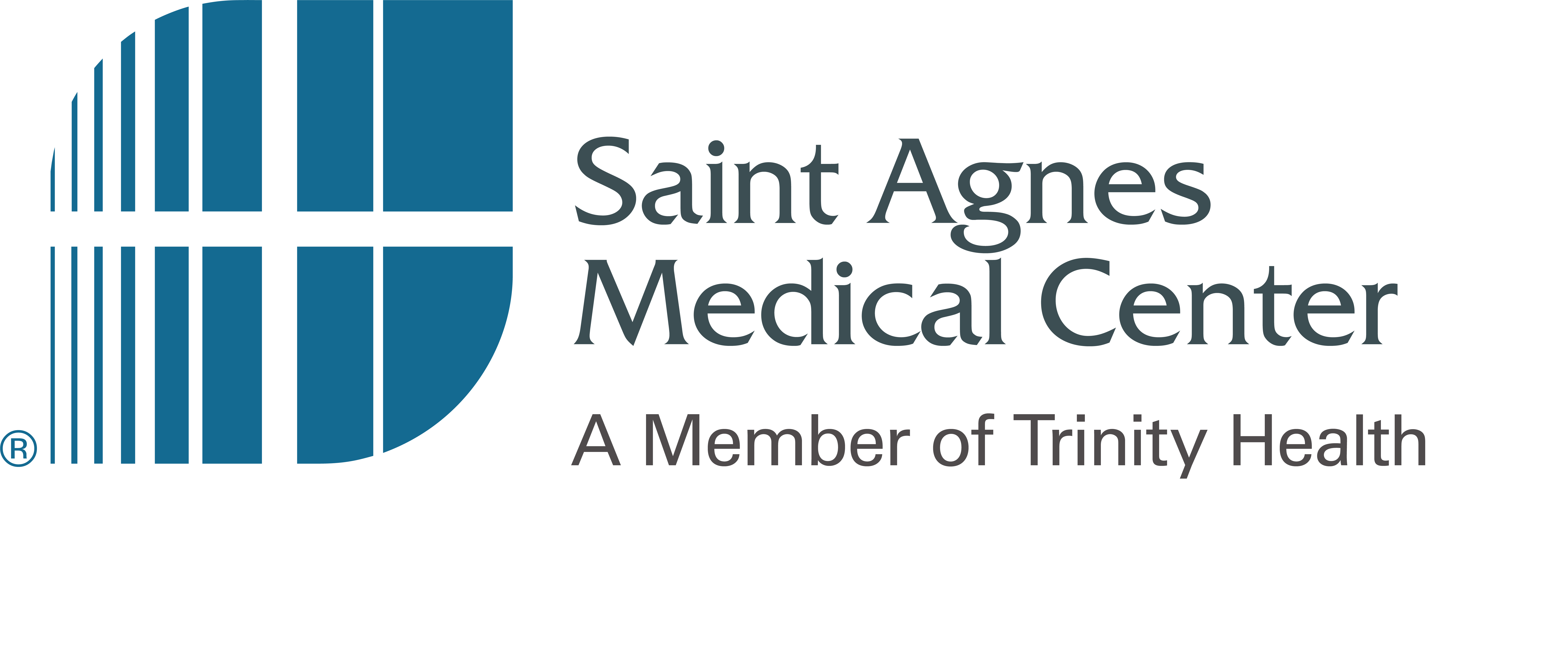Taking mental notes
May 18, 2023
By: Saint Agnes Medical Center
Categories: Healthy Living, Mens Health, Womens Health
Everyone feels moody or has “a case of the Mondays” occasionally, but when disruptions in thought or behavior cause someone to lose their ability to cope with normal functions and routines, that person may be dealing with a much more serious problem.
Mental well-being is just as important to a person’s overall health as their physical condition and must be cared for just as diligently. There are nearly 300 identified forms of mental illness, the most common of which are depression, anxiety disorders, bipolar disorder, schizophrenia, eating disorders and post-traumatic stress disorder.
Mental illnesses often manifest physically as well as emotionally and psychologically and can be caused by excessive stress, genetics and/or biochemical imbalances. You should contact a medical or mental health professional if you or someone you love experience any of the following warning signs:
- Long periods of sadness or irritability
- Feelings of extreme anger
- Extreme emotional highs and lows
- Excessive feelings of fear and anxiety
- Social withdrawal
- Several unexplainable physical complaints
- Substance abuse
- Denial of pronounced issues
- Delusions or hallucinations
- Suicidal thoughts or actions
Many people experiencing mental illness do not know how to get help or do not think they will be accepted if they seek help. The good news is mental health resources are more easily available than ever before. From the advent of online counseling services to nationwide crisis hotlines, the expert care you need is only a phone call – or a few clicks – away.
Here are some key resources to know:
- Emergency medical services – Always call 911 if you believe the situation may be life-threatening.
- National Suicide and Crisis Lifeline – Call 988 to speak with a trained crisis counselor. Visit www.988lifeline.org to learn more.
- Substance Abuse and Mental Health Services Administration (SAMHSA) – Call 1-800-662-4357 for treatment referral and mental health information. Visit www.samhsa.gov for more resources.
- National Alliance on Mental Illness (NAMI) – Call the helpline at 1-800-950-6264. Visit www.nami.org to find additional mental health resources and support groups.
Talk to your doctor
Your primary care doctor is trained to care for your physical and mental health. Given proper treatment, many people are able to cope with or even recover from mental illness. Should you have any concerns about your mental health, talk to your doctor about treatment options.
Don’t have a doctor? Establish with one of our Saint Agnes Care providers and start your journey to better health.
